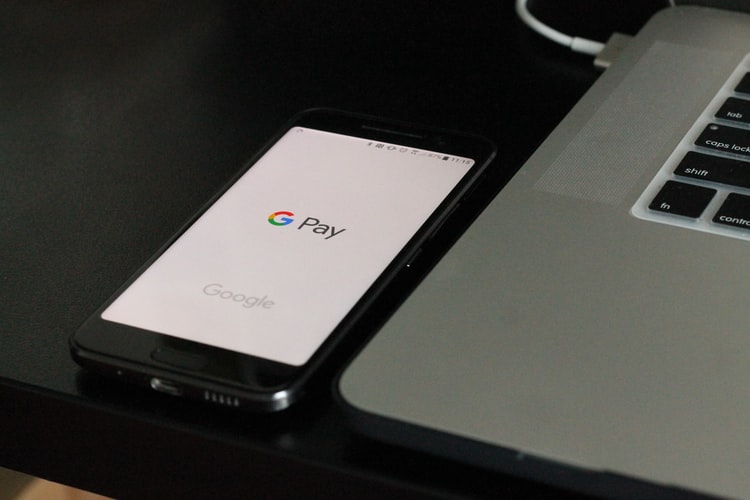Is Cryptocurrency The Same As Digital Currency?

This blog post will cover:
- Digital currency
- Cryptocurrency
- How cryptocurrencies and digital currencies are similar?
- How cryptocurrencies and digital currencies are different?
In many times the concepts of "cryptocurrency" and "digital currency" are considered synonyms, but this is not exactly so. From this article, you will know how they differ and how to combine their advantages with benefits for the global financial system.
Digital currency
Digital currency is a general term that covers all money in electronic form. This is money that exists only in a virtual format and is used on the Internet to pay for goods and services. They have the characteristics of fiat currencies: you can receive them, convert or exchange for another currency. In fact, this is like a bank account, but using them can be much more convenient.
The issue and circulation of digital currencies are carried out by payment systems and regulated by banks and the state. Before the payment system offers the citizens of the country to use their digital money, it must first obtain a permit from the local financial regulator. Each country may have its own digital payment system. Examples of digital currencies are PayPal, Google pay, Amazon pay, and others.

Cryptocurrency
The concept of “cryptocurrency” refers to digital types of currency. It is created and transmitted by the use of cryptographic methods, mainly based on blockchain technology. "Coins" are issued initially in electronic form literally using mathematical calculations. In simple terms, cryptocurrency is an artificial payment system, equivalent to real money and having an official rate.
Unlike other electronic payment systems, cryptocurrency initially appears without the participation of traditional (fiat) money. To become the owner of a certain number of coins it is enough to connect to the service, become a member of a unified mining network and just wait for your “earnings”. The owner of any of the existing cryptocurrencies is not tied to any geographical point, state or political system.
Here are some cryptocurrency specifics:
- Issue and circulation of most cryptocurrencies are not regulated or controlled by national or supranational financial bodies. Each chain link, each client is equal;
- Emissions are limited. According to experts, the cryptocurrency is not subject to inflation;
- Funds on crypto accounts cannot be withdrawn, frozen or arrested;
- Transactions are irreversible.
How cryptocurrencies and digital currencies are similar?
- Identification process. Both kinds of money require user information, but at different stages.
- Impalpability. Both crypto and digital currencies are impalpable and are stored electronically.
- Third-party Involvement. This similarity relates to transaction manipulation. Despite the fact that cryptocurrencies are decentralized and agreed by the community, in some cases when a big amount of coins is being sent services may request additional information to verify the transaction.
How cryptocurrencies and digital currencies are different?
- Cost. The price of digital currencies is tied to fiat money. In other words, they perform the function of an electronic analog of state currencies. Cryptocurrencies, with the exception of certain types, are not tied to the rate of fiat currencies, and their value is determined solely by market demand and supply.
- State regulation. Digital currencies are fully state-controlled, they provide states with full reporting on their customers. As for cryptocurrencies, there are no state borders.
- Faster transactions. Cryptocurrency offers users fast payments: some blockchains can process several transactions in one second, and the processing time, at average, for one transaction is also short. Otherwise, a regular bank payment is usually processed within a couple of days.
- Crypto offers transaction transparency. Even if personal information is hidden for transactions, you can check all transfers for a specific wallet if you know the address of the wallet, therefore crypto offers complete transparency. Alternatively, digital currency transfers are confidential, and it is impossible to verify other users.
In a nutshell, digital currency is a common term for any asset in electronic form. Digital currency transactions might be sent all over the world. So cryptocurrency is a part of digital currency, but they have a number of special features, for example, the encryption process, decentralization, fast transactions, anonymity and etc.

